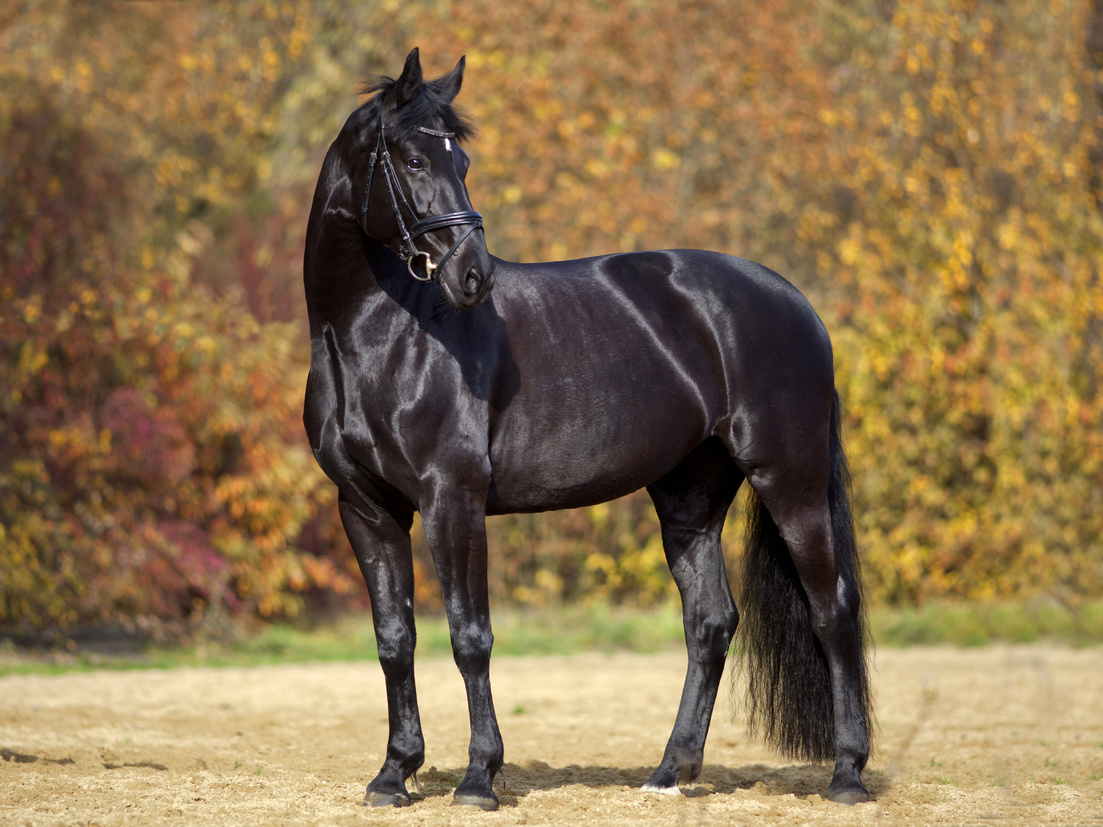When it comes to feeding horses, there are many different opinions and views, which is why it is important to seek advice from an expert nutritionist when changing or adjusting your horse’s diet. However, there are some basic rules of feeding that you should always bear in mind. Let’s have a quick run through these.
1. Provide fresh, clean water at all times
Water is the most important nutrient in a horse’s diet, and you should always make sure your horse has access to clean water whether they are stabled or in the field. A 500kg horse that is just standing still, will drink roughly 25 litres of water a day!
2. Feed little & often - horses are trickle feeders
Horses are designed to eat little and often, mainly due to the fact that their stomach is the size of a rugby ball! Being flight animals, they are not designed to carry high volumes of food at one time. Their stomach actually works optimally when it is ⅔ full, so bear that in mind when considering the number of meals they have per day.
3. Use good quality feed
You should always check that your feed doesn’t contain mould or spores, as they can cause respiratory problems further down the line. Consider storing your feed in metal or plastic rodent-proof feed bins, which will help to keep your feed fresh and contaminant free.
4. Feed according to bodyweight
It should go without saying that the nutritional requirements of a Shetland are very different to those of a Shire horse. Your horse’s nutritional requirements largely depend on their bodyweight which is why you will notice that feeding guides and feeding rates on bags are always shown in kilograms.
5. Make any changes to your horse’s diet gradually
Microbes within the horse’s intestines need to slowly adapt to new feed, which is why it is important to make gradual changes to your horse’s diet. Colic can be caused by quick changes to diet, or your horse could end up with loose droppings. When adjusting or changing hard feed, we recommend doing so by removing a 1/4 (of the recommended feeding rate) of their current ration and replacing it with 1/4 (of the recommended feeding rate) of the new product for 4 days. For the next 4 days, removing 1/2 of their current ration and replacing it with 1/2 of the new product. For the final 4 days, removing 3/4 of their current ration and replacing it with 3/4 of the new product, before transitioning 100%.

6 Avoid exercising 1 hour after cereal-based meals
Horses are unable to digest cereal-based meals quickly, so exercising after giving them hard feed is always a no-go. However, if you are wanting to feed something small, it is always beneficial to feed horses something fibre-based before exercise. This reduces the levels of gastric acid splashing against their stomach lining.
7. Feed at the same time each day
Horses are always best when they are kept in a routine. Feeding them around the same time each day (it doesn’t have to be to the minute!) will keep them happier!
8. Feed plenty of forage
Forage should be fed ad-lib to horses, where possible. If they are a good doer then you may have to place some restrictions on their forage intake, under your practicing vet’s supervision! Horses should not be restricted to less than 1.5% of their bodyweight per day (this equates to 7.5kg forage for a 500kg horse).
9. Feeding rates - Weigh out feeds
Horse feeds all have different densities - think about chaff in comparison to pony nuts, as an example. This is why horses should be fed by weight. Once you have weighed out how much a scoop of feed comes to, you should be able to roughly estimate how much of each feed your horse needs on a daily basis in line with the recommended feeding rate.
10. Feed according to workload
A horse that is on box-rest will have much lower nutritional needs than a competition horse. It isn’t always a case of increasing feed as workload increases though, as this can often cause other complications such excitability or weight gain. When your horse has a day off, or prolonged time off, it is always a good idea to reassess their overall ration and consider reducing cereal feeds to prevent any unwanted weight gain or excitability!
Our team of nutritional experts are always on hand to answer any questions you have regarding feeding and nutrition. Feel free to contact us today.

